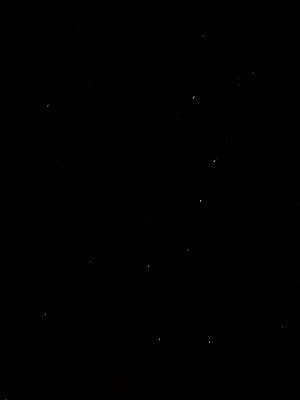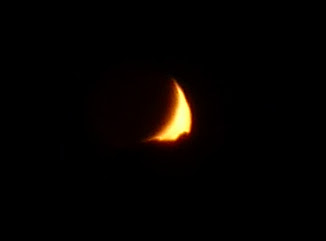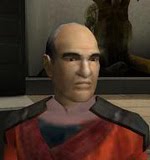Haleiwa beach at night isn't a bad place to look at stars. It's relatively dark, with a clear view of half the sky (the half that's over the ocean). Here are a few images I captured while out with my camera.
The star shots were pretty hard to set up, but I did manage to catch the Big Dipper.

The moon low in the sky with Venus as the bright body at the top. The moon casts an orange glow on the ocean below it. Venus was actually so bright that after the moon set, we could see its own light reflected on the rippling water. I couldn't get that with my camera, unfortunately.

And the moon falls behind a cloud low on the horizon.

Not great quality night sky photos, but they at least have something. Beach photos (during daylight) coming up tomorrow!
















4 comments:
I think they're pretty awesome.. I've never been able to master star shots.
Thanks! Yeah, hopefully I'll get better. One problem was that the stars were too faint or small to show up on the screen, and the camera doesn't have a view finder. I could see the moon and Venus in the screen, but for the rest I just had to point, wait however many seconds for the exposure, and hope something would show up.
Oooooh Awesome. I wish I had a better camera to do that kind of stuff with.
It's probably best to have a camera where you can totally customize the exposure time, though I guess there's still a problem with the fact that stuff in the sky moves (or rather we move, but you know what I mean).
I know one can get a telescope and set it to move to track the sky, so probably to get a really good night shot you'd need something like that.
Post a Comment